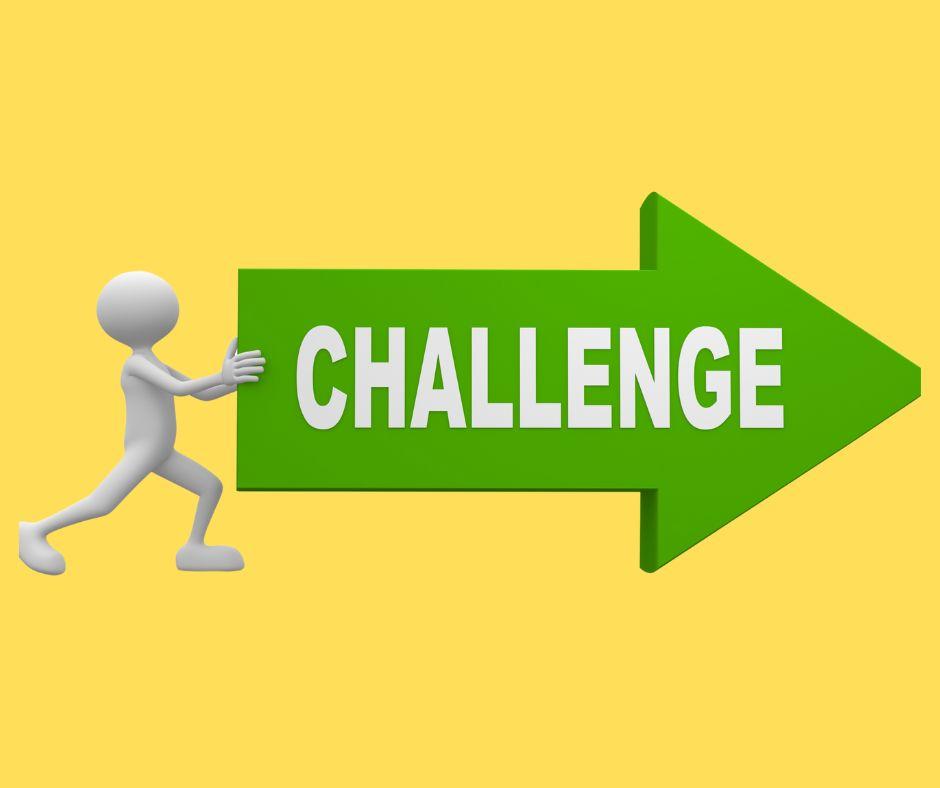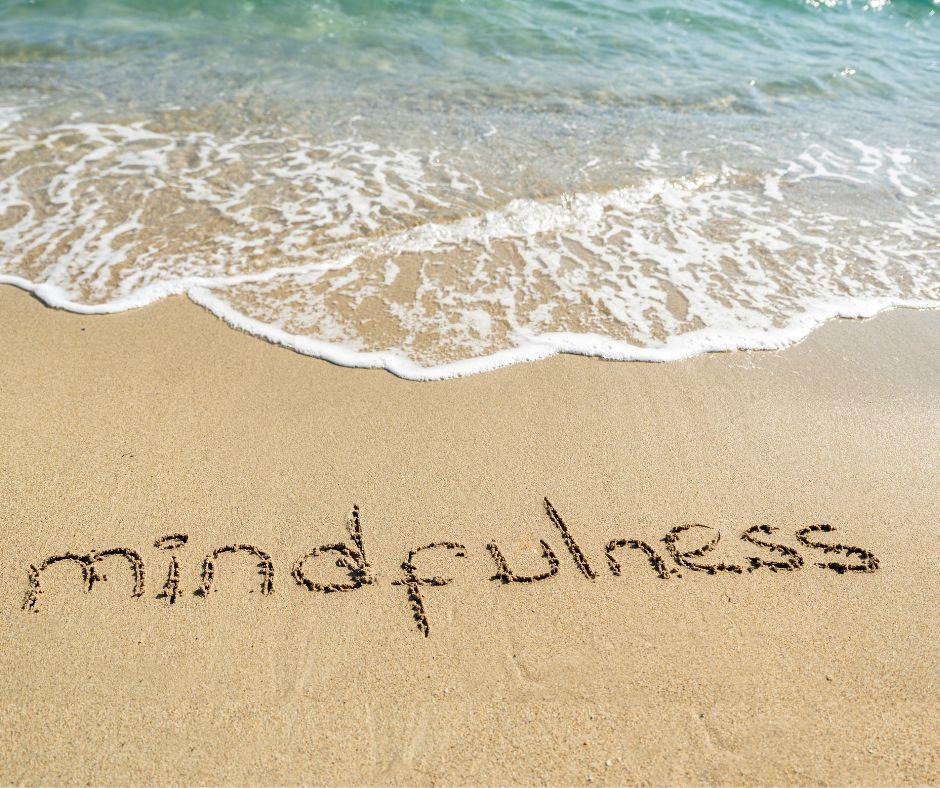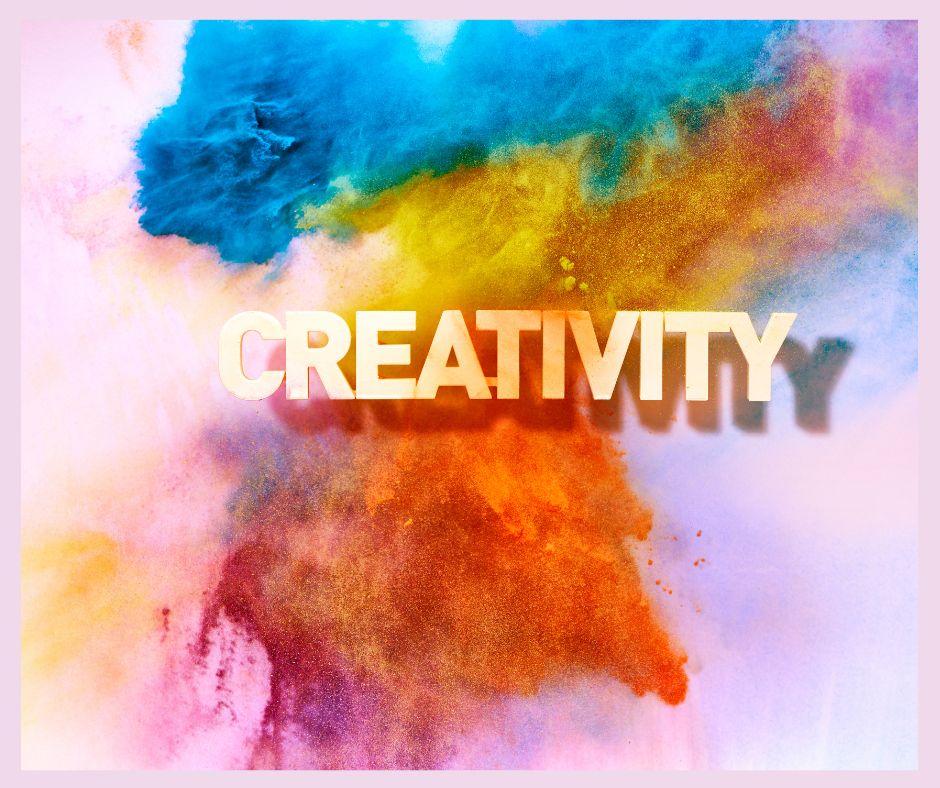Writers, How to Balance Writing With Social Media Time?

In the modern age of interconnectedness, writers face a unique challenge:
how to balance the demands of their craft with the ever-tempting allure of social media.
While platforms like Twitter, Facebook, and Instagram offer invaluable opportunities for networking, promotion, and engagement, they can also become black holes of distraction, sapping precious time and creative energy.
So, how can writers strike a balance between their writing aspirations and their social media presence?

Let's explore some practical strategies along with real-life examples to illuminate the path to equilibrium.
**Set Boundaries:**
Establishing clear boundaries between writing time and social media time is essential. Allocate specific time slots for each activity and stick to them religiously.

For example, dedicate the morning hours solely to writing, reserving social media interactions for the afternoon or evening.
Novelist Neil Gaiman is known for his disciplined approach to writing, often secluding himself from distractions until he achieves his daily word count goals.
By emulating his dedication to prioritizing writing over social media, writers can reclaim control over their creative output.
2. **Utilize Productivity Tools:**
Numerous productivity tools are available to help writers minimize distractions and stay focused during writing sessions.

Applications like Freedom, Cold Turkey, or Forest allow users to block access to social media platforms for designated periods, enabling undisturbed concentration.
Renowned author Margaret Atwood reportedly uses a simple yet effective strategy of disabling internet access altogether while she writes, ensuring zero temptation to succumb to the allure of social media notifications.
3. **Practice Mindfulness:**
Incorporating mindfulness practices into daily routines can enhance writers' ability to resist the urge to mindlessly scroll through social media feeds.

Before embarking on a writing session, take a few moments to center yourself through meditation or deep breathing exercises.
Author and meditation advocate Deepak Chopra emphasizes the importance of cultivating mindfulness to enhance creativity and focus.
By integrating mindfulness techniques into their regimen, writers can foster a deeper connection with their craft while minimizing distractions from social media.
4. **Delegate Social Media Responsibilities:**
For writers juggling multiple commitments, delegating social media responsibilities to trusted individuals can provide relief from the burden of maintaining an active online presence.

Hiring a social media manager or enlisting the help of a supportive friend or family member to oversee promotional efforts allows writers to focus their energy on writing without neglecting their online platforms.
Bestselling author J.K. Rowling relies on a dedicated team to manage her social media presence, freeing her to concentrate on storytelling without the distraction of incessant notifications.
5. **Set Realistic Goals:**
Establishing realistic goals for both writing and social media engagement is crucial to maintaining equilibrium.

Rather than striving for perfection or succumbing to the pressure of constant online visibility, focus on achievable milestones that align with broader creative objectives.
Set daily word count targets for writing sessions and allocate a specific amount of time for engaging with social media followers.
Author and productivity expert Tim Ferriss advocates for the implementation of "minimum viable actions" – the smallest possible steps toward a desired outcome – to facilitate consistent progress without feeling overwhelmed by competing demands.
6. **Cultivate Offline Creativity:**
Engaging in offline activities that stimulate creativity and inspiration can help writers reduce their dependence on social media as a source of validation or inspiration.

Take regular walks in nature, attend cultural events, or immerse yourself in hobbies unrelated to writing to replenish creative reservoirs.
Acclaimed poet Mary Oliver drew inspiration from her observations of the natural world, often retreating to the solitude of the wilderness to commune with her muse.
By nurturing creativity through offline experiences, writers can diminish reliance on social media as a primary source of inspiration.
7.**Finding Equilibrium: Balancing Writing with ATReads Time**
Writers often face the challenge of balancing their writing commitments with their desire to explore and engage with other authors' works on platforms like ATReads.

To strike this balance, allocate specific time slots for both writing and reading. For example, dedicate mornings to writing your own masterpiece, reserving afternoons or evenings for delving into the literary wonders of ATReads.
By setting clear boundaries and prioritizing your writing while still indulging in the joys of reading, you can maintain a harmonious relationship between creation and consumption in your literary journey.
In conclusion, achieving balance between writing and social media time requires conscious effort, discipline, and self-awareness.
By implementing strategies such as setting boundaries, utilizing productivity tools, practicing mindfulness, delegating social media responsibilities, setting realistic goals, and cultivating offline creativity, writers can reclaim control over their creative destiny while maintaining a healthy relationship with social media.
Remember, the key lies in prioritizing the craft of writing above the distractions of the digital realm, ultimately fostering a deeper connection with one's creativity and audience alike.



- Book Reviews & Literary Discussions
- Writing
- Reading List
- Arts and Entertainment
- Personal Development
- Storytelling
- Startup
- Books
- Biography
- Dance
- Drinks
- Entertainment & Pop Culture
- Health & Fitness
- Education & Learning
- Food & Cooking
- Games
- Gardening
- Self-Care & Mental Health
- Home Decor & DIY
- Literature
- Music
- Networking
- Other
- Party
- Philosophy and Religion
- Place
- Shopping
- Relationships & Dating
- Sports
- Theater
- lifestyles & hobbies/shutterbugs
- Lifelong Learning
- Tutorial
- Announcement
- Inspirational Stories & Motivation


